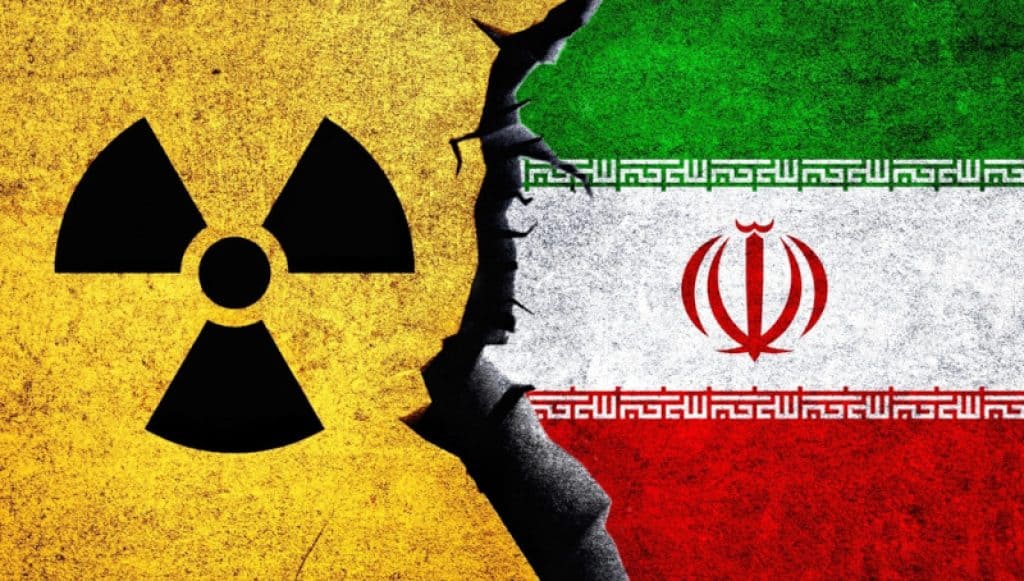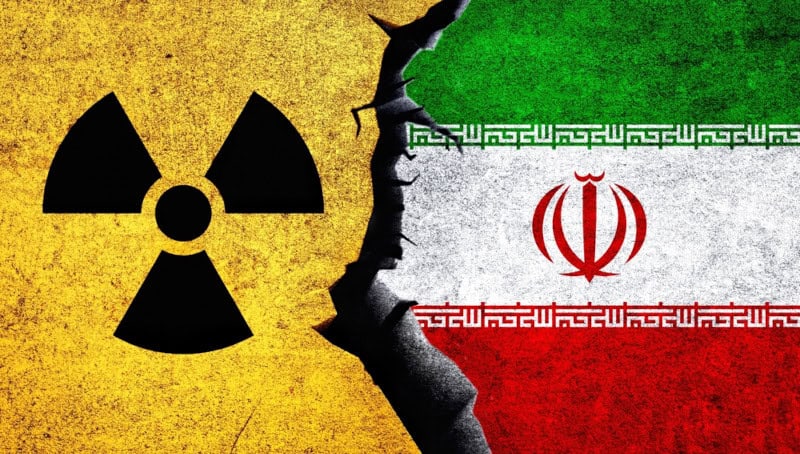
The United Kingdom, Germany, and France, known as the E3, triggered the “snapback” process on August 28 by sending a letter to the UN Security Council. This move gives Tehran 30 days to meet its obligations and convince the E3 to reconsider before all pre-2015 UN sanctions are fully reinstated.
Reacting to the decision, officials and state media in the Islamic Republic issued vague threats of retaliation. While some Iranian voices have acknowledged that snapback could lead toward war, others are downplaying its impact in an effort to prevent public panic and preserve regime morale, a contrast that suggests Tehran is bracing for the possibility of escalation.
A primary concern of Iranian leaders is that snapback, which would render any nuclear activity or missile testing illegal under international law, could pave the way for another strike on regime sites, similar to when the International Atomic Energy Agency’s Board of Governors declared Iran in breach of its non-proliferation obligations on June 12.
From threats to downplaying snapback’s significance
Fadahossein Maleki, a member of the Iranian parliament’s National Security and Foreign Policy Commission, warned on August 29 that the European trio’s move to trigger the UN snapback mechanism risks igniting a major regional war. Maleki called it “a dangerous escalation that threatens not just Iran but neighboring countries as well,” adding that the consequences could exceed the recent 12-day war with Israel and ripple through the global economy. “Even regional governments that remain silent will be impacted. Their silence could widen the war,” Maleki threatened.
Similarly, the Basij of Tehran’s Amir Kabir University, a research institution critical to the regime’s nuclear proliferation efforts, argued on August 28 that issuing the snapback mechanism is an act of war against the regime: “They [E-3] are sounding the trumpet of a full-scale, all-out war, seeking to bring the flames of conflict inside Iran.”
The Kayhan newspaper, closely affiliated with the supreme leader’s office, pushed back against the widespread climate of war anxiety while also reaffirming its usual threatening rhetoric. “Linking snapback to the possibility of war against Iran is nothing but disinformation and psychological warfare,” the outlet wrote on August 27. Instead, it called for extreme retaliatory measures, such as closing the Strait of Hormuz in the Persian Gulf and exiting the Treaty on the Non-Proliferation of Nuclear Weapons (NPT).
Iran International reported on August 29 that after the Iranian Chamber of Commerce assessed that snapback would lead to 90 percent inflation and severely weaken Iran’s rial against the dollar, the Islamic Revolutionary Guard Corps Intelligence Organization interrogated those who drafted the report.
Tehran reportedly turns to Belarus and China to restore its military capabilities
Beyond rhetoric, the Islamic Republic’s actions also hint at its anticipation of another conflict. Ukraine’s Foreign Intelligence Service reported on August 21 that Iranian President Masoud Pezeshkian’s visit to Belarus the prior day was to solicit help rebuilding Iran’s air defense and electronic warfare systems damaged during the 12-day war with Israel. “Belarus, unlike Russia, is less restricted by sanctions in the military-technical sphere and could become a channel for restoring Iran’s defense capabilities,” the report stated.
Other claims reinforce the view that Tehran is dissatisfied with Moscow’s limited support. CNN reported on August 8 that Russia has largely absorbed production of the Iranian-designed Shahed drone into its military-industrial base, with Russia’s Alabuga factory now even upgrading them with longer-lasting batteries and larger warheads. Citing anonymous Western intelligence officials, the article added that this integration has left Iranian firms with little return despite having supplied Moscow with drones, missiles, and technology. The report noted that Iran’s frustration boiled over during Israel’s 12-day campaign, when Moscow offered little more than muted statements of condemnation.
Unverified accounts have asserted that the Islamic Republic has been seeking Beijing’s military support following the 12-day war. A July 7 article in the Middle East Eye alleged that Iran had imported Chinese surface-to-air missile batteries shortly after the June 24 ceasefire, citing “Arab” officials. Similarly, Ynet claimed on August 15 that Iran is focusing on procuring Chinese aerial defense systems after it was met with a tepid response from Moscow.
